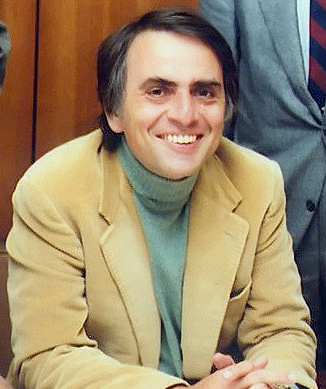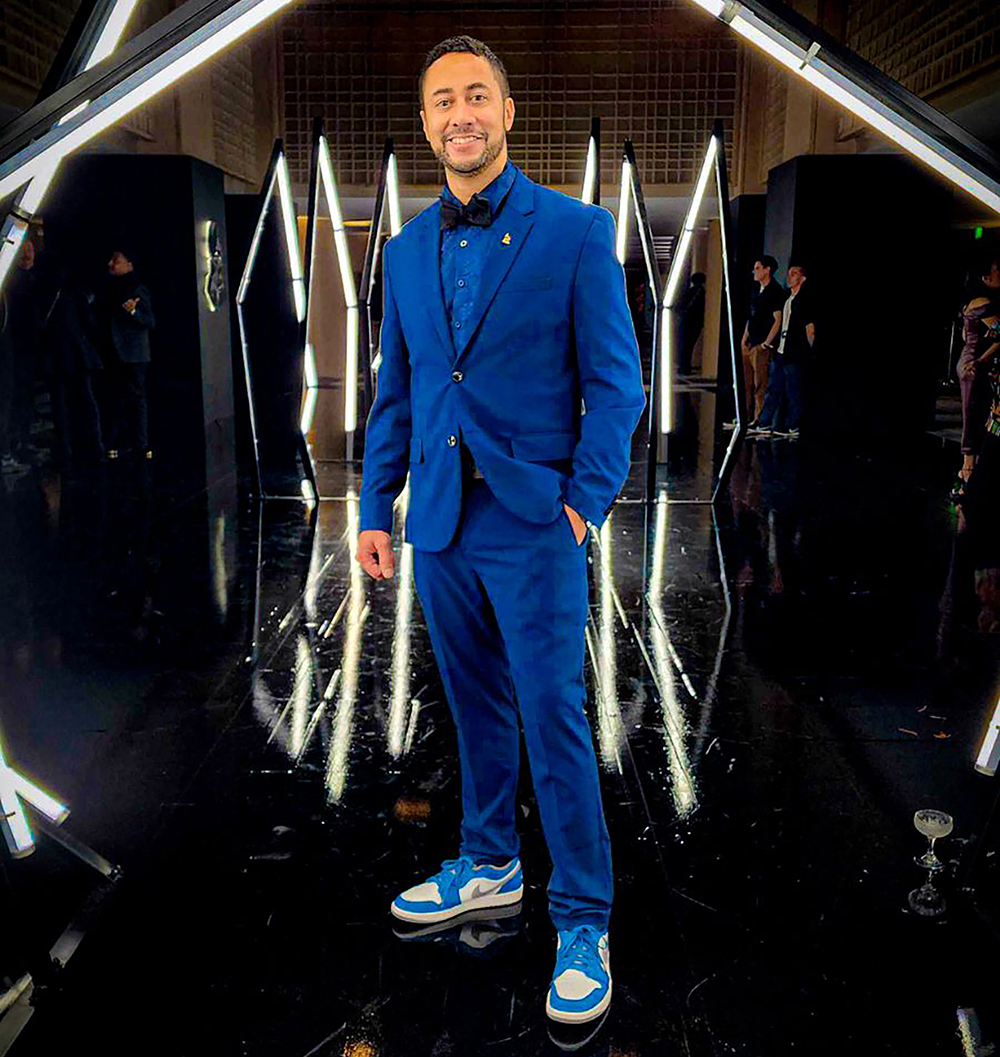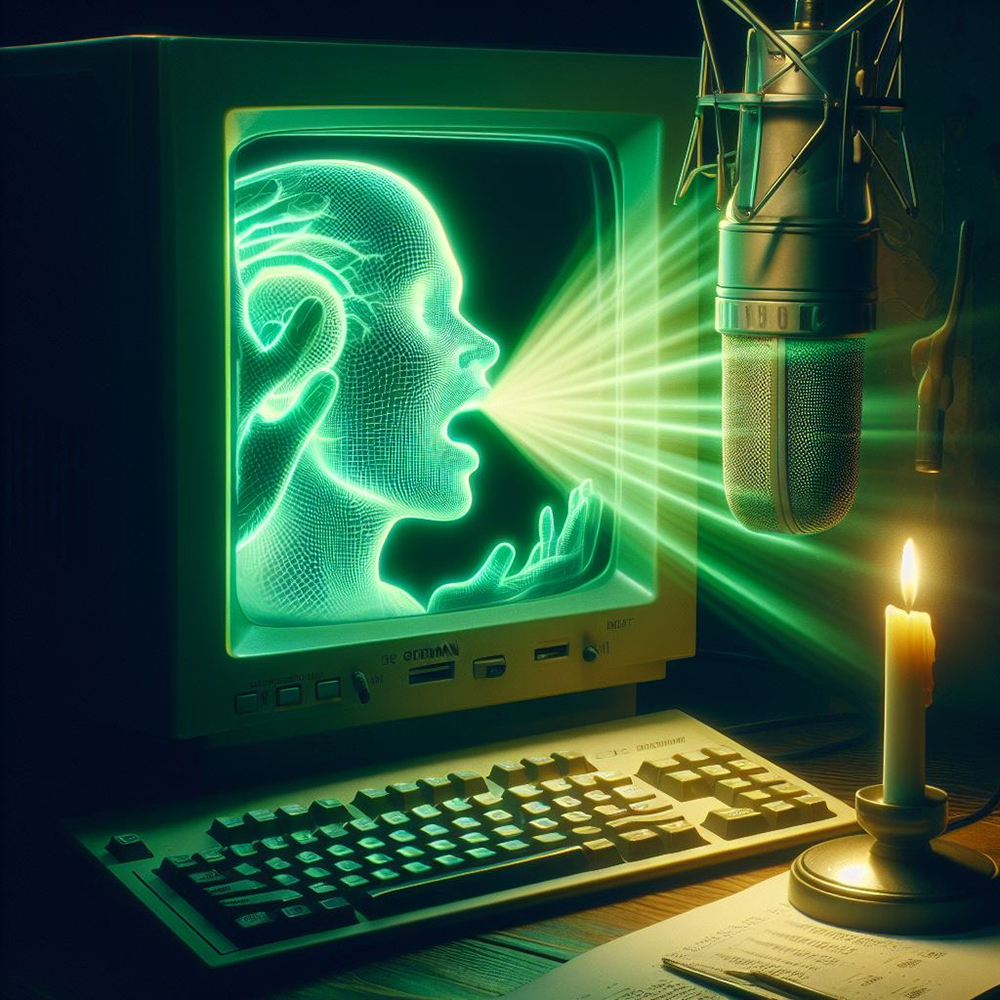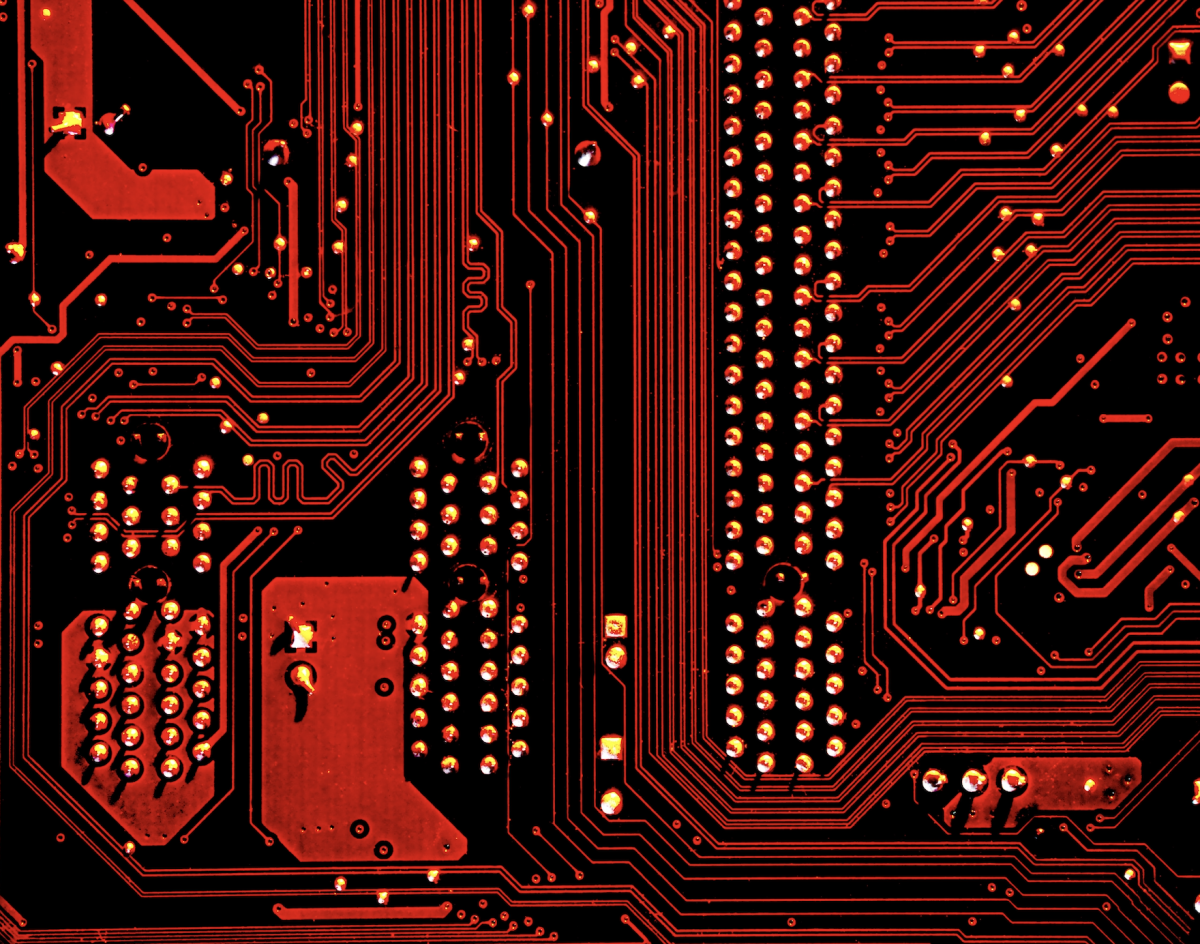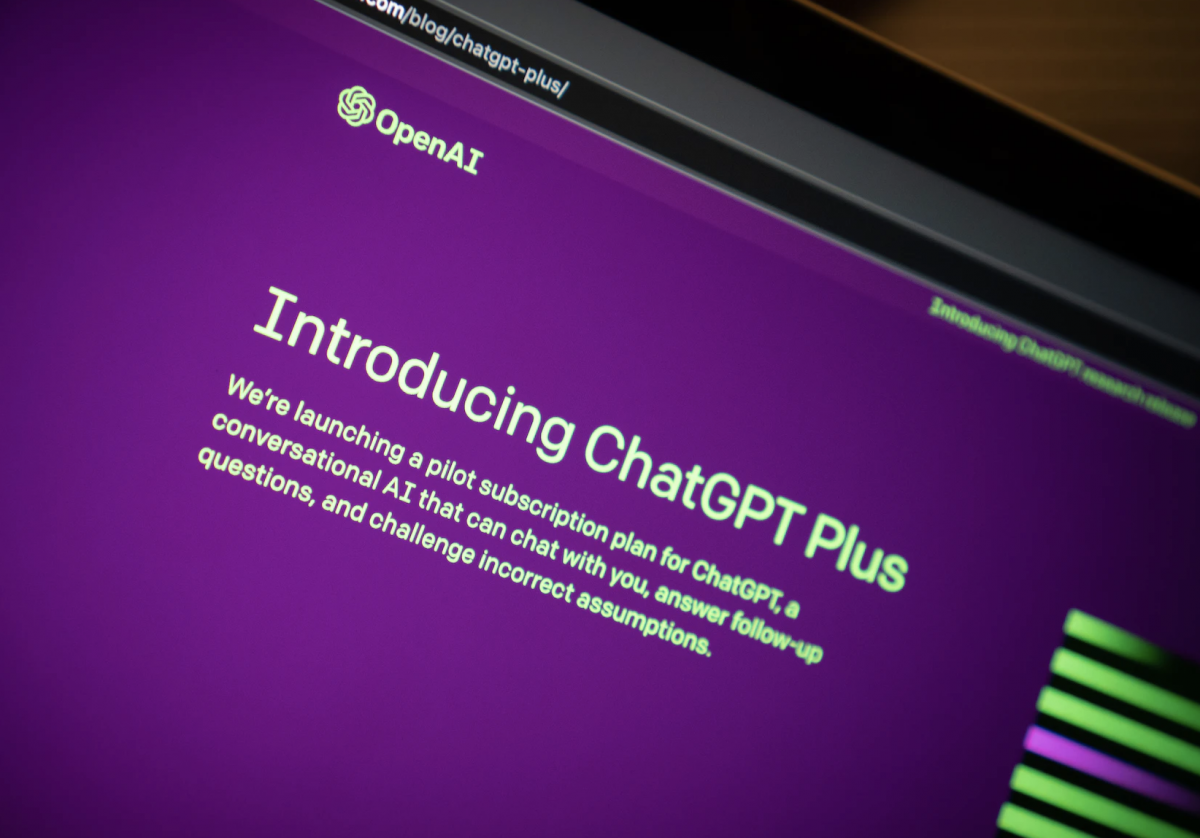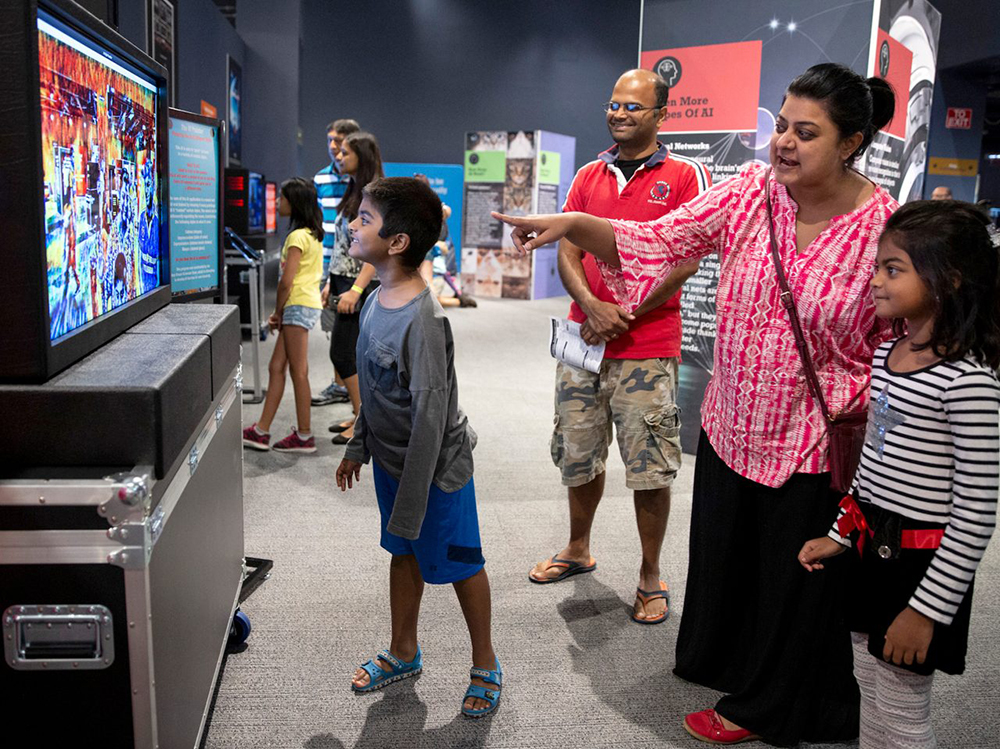It was a touching picture: Mick Jagger and Steven Tyler, two of rock’s most iconic faces, crooning a song to an ailing Phil Collins, who was lying in a hospital bed. Those rockin’ geezers looked like they were having a ball. What a moment!
I came across the image and story in my Facebook feed, in between persistent shopping opportunities for chukkas because I’d clicked on an ad for some, and interactive chess boards — White to mate in two! — because I’d tried to solve a chess puzzle. Given that vital input from me, Facebook’s algorithm had decided that I was a chukkas and chess kind of guy and was determined to seduce me into clicking again.
I’m also a fan of Bob Dylan, Bruce Springsteen, Stevie Wonder, Cat Stevens, and lots of other classic musicians from my youth, and sometimes click on content related to them, which explains, I assume, why I started getting these heart-warming images and stories about old rock-and-rollers.
After two or three more such posts showed up, I caught on. I was being played like a vintage Les Paul. The clincher was a post from a site called Rock Music World that featured a picture of Dylan in the arms of Springsteen, tears welling in his anguished face. Here’s the text: “There’s nothing braver than a man who stands still and sings the truth. That’s what Bruce Springsteen did at the Kennedy Center Honors — no lights, no production, just his voice, his guitar, and Bob Dylan’s ‘The Times They Are A-Changin’.’ His gravel-rich tone carried decades of heartbreak, defiance, and hope. The crowd didn’t move. They wept. Because this wasn’t a tribute — it was a truth bomb wrapped in melody. And backstage, when Dylan whispered, ‘If I can ever return the favor … .’ Bruce, eyes shining, replied: ‘You already did — with this song.’ And now, it’s being called one of the most soul-shaking performances in modern music history.”
Well, that, or it’s being called total clickbait garbage, and I’m going with the latter. AI-generated images, manufactured quotes, imaginary reporting — it’s the very definition of “fake news,” and it’s flooding social media. Curious, I googled and found an August 11th Rolling Stone article titled: “Are These AI-Generated Classic Rock Memes Fooling Anyone?”
From the article: “They’re the intimate, private moments that fans of classic rockers never get to see. Steven Tyler, hammer and nails in hand, building a doghouse for rescued animals. Mick Jagger, Elton John, and Rod Stewart harmonizing at Ozzy Osbourne’s memorial service. Jagger and Tyler cheering up a bedridden Phil Collins in a hospital. … Personal and heartwarming, yes, but also, to put it mildly, completely bogus.”
When manipulated images and imaginary stories fool us, it’s irritating, but fake articles about aging rock stars are one thing; fake news stories about politicians, vaccines, war, immigration, and climate change are quite another. It’s dangerous disinformation. Take a look at your favorite Trumper’s Facebook page or any of the far-right “news” sites they devour. And to be fair, there are also lots of clickbait websites claiming to be progressive. Everybody wants your engagement, no matter your politics.
Schools need to be adding courses to their curriculum that educate young people about how to tell real news and real photography from the AI-generated garbage they are constantly exposed to via TikTok, Instagram, Twitter, Facebook, and other social media.
Since most of you reading this are well past school age, here’s a condensed version of the News Literacy Project’s guide to vetting news sources: 1) Google the source website. “World News Digest” may sound impressive, but it means nothing unless it has a credible record for accuracy. 2) Look for a byline. If an article doesn’t have an author, be suspicious. If it does, google the name. 3) Unnamed sources (or no sources) in a story are a sure indicator of phoniness. 4) Can you find the story anywhere else? If not, it’s probably bogus. 5) Typos, misspellings, and grammatical errors are signs of an unprofessional (and unreliable) source.
Finally, I’d add this: If a story lines up perfectly with your beliefs and political leanings, check it carefully before reposting. Getting people to amplify a story is the entire goal of these sites’ creators. If a feel-good lie works, they’ll use it. Oh, and keep an eye out for crying Bob Dylan photos. The times they are a-changin’, and not always for the better.

